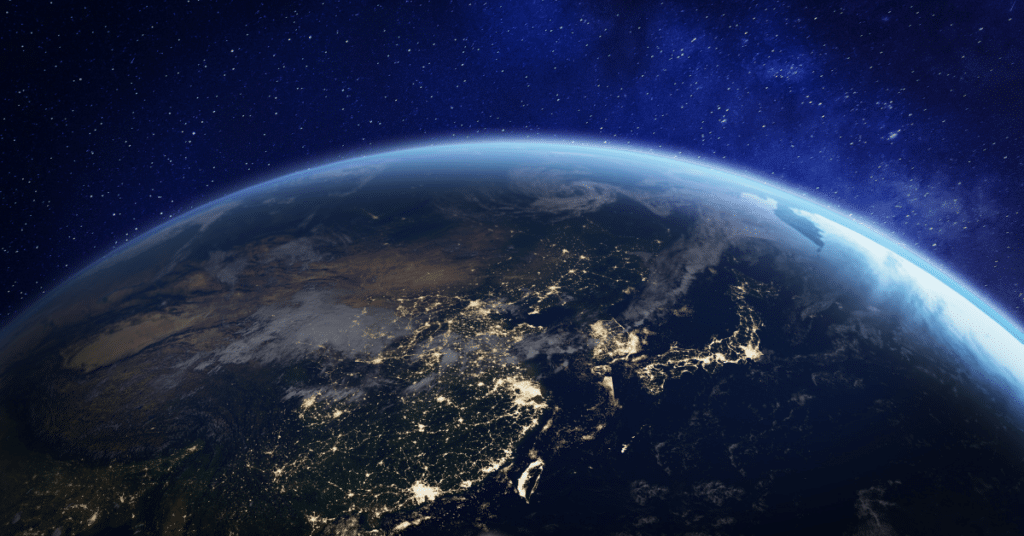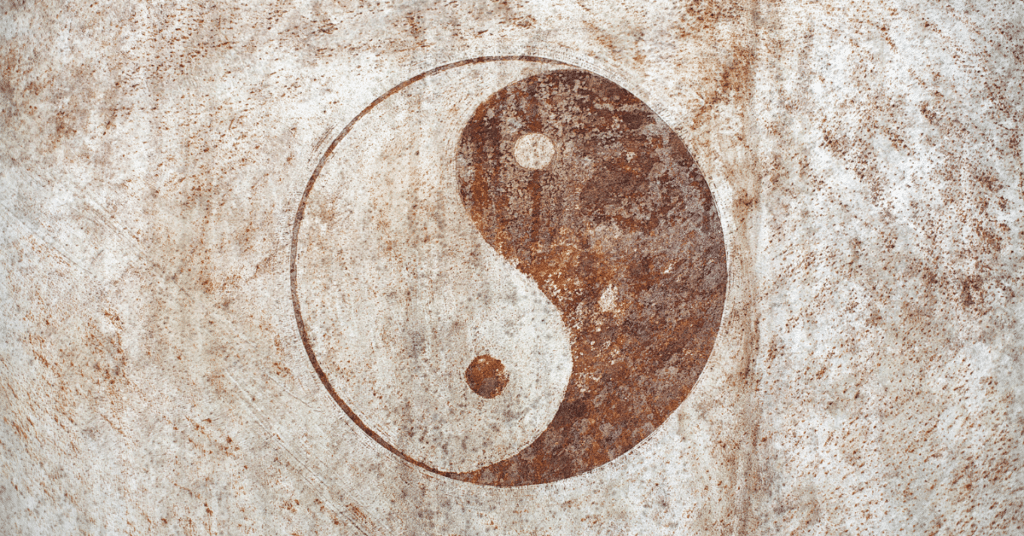Imagine you’re looking into the center of a spoon. You see your reflection, but just barely. It’s warped, stretched almost beyond recognition.
To the spoon, you and the rest of the world are simply a messy mix of light blobs moving up, down, left, and right. Nonetheless, these movements constitute “order” in the spoon’s world. They are all the spoon has ever known.
To us, though, the spoon has a limited perspective on the world. It’s missing the ability to see reality as we do. The only way we would be able to help the spoon see the world from our perspective would be to bend it into a flat surface—a mirror. But in doing so, we would be robbing the spoon of its nature. It would no longer be a spoon.
Despite their warped view of the world, we have a lot to learn from spoons, primarily because we, too, are spoons in that we, too, see our own limited and warped version of the world around us. Our eyes see a small fraction of the light that surrounds and moves through us. Our ears are tuned to hear only a small fraction of sound frequencies. Mind you, these limitations have their purpose; having too much sensitivity would be overwhelming. We would literally be blinded from the physical world and deafened from sounds that are important to our survival. But they are limitations nonetheless, so we have no objective way of knowing that our way of experiencing the world gives us a full and complete view of how the world operates.
Because of this, it’s important that we remain open to truths and possibilities that are outside our current awareness.
A few years ago, I was a strictly scientifically minded person. I only believed in what I saw. This mindset was a result of a spiritual rebound from a childhood in Catholic school, where I was discouraged or forbidden from exploring realms of knowledge that contradicted the church’s doctrine. The Big Bang, Darwin’s theory of evolution, the chemical process of turning water into wine, all poo-poo’d in the name of Faith. Curiosity and doubt were stifled.
So, naturally, when I went to college, I went to answer all of these questions and immediately became agnostic. In the years that have passed since, I’ve adopted a gentler perspective toward spirituality, now believing in a Supreme power and even the existence of spirits and spiritual realms. I’m not saying I’m right about any of it, but I can say that my own process of opening up to possibilities and realities beyond my understanding has allowed me to feel more human.
Not knowing everything is an innate human trait. It is what allows us to be curious. It’s what drives us to explore. And it all comes from our honest recognition that, like spoons, we see our own limited and warped version of the Universe. So If we are to discover something new about our external world, we must first recognize something new about ourselves. Open to new possibilities, and the Universe will show you what is possible.




